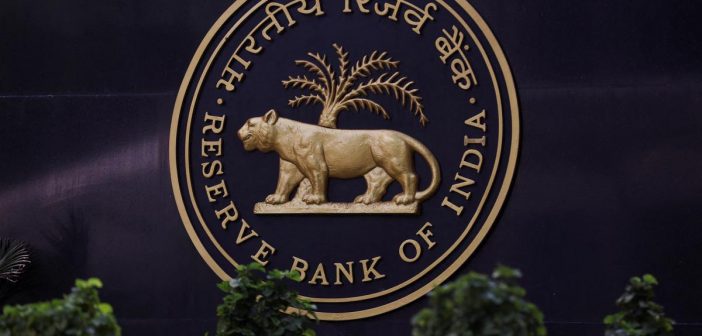Recent fines imposed by the Reserve Bank of India (RBI) on several Public Sector Undertaking (PSU) banks have triggered significant concern among Indian consumers. These penalties, levied for various regulatory infractions, have cast a spotlight on governance and operational shortcomings within these institutions, leading to a pronounced decline in public trust.
2. Detailed Fines and Violations
Punjab National Bank (PNB):
- Fine: ₹2 crore
- Reason: Non-compliance with KYC (Know Your Customer) norms and anti-money laundering regulations.
- Implication: Raises alarms about the bank’s commitment to preventing financial crimes.
State Bank of India (SBI):
- Fine: ₹3 crore
- Reason: Inadequate reporting of non-performing assets (NPAs) and delayed provisioning.
- Implication: Highlights deficiencies in asset management and transparency.
Bank of Baroda (BoB):
- Fine: ₹1.5 crore
- Reason: Lapses in customer grievance redressal mechanisms.
- Implication: Indicates poor customer service practices.
Canara Bank:
- Fine: ₹2.5 crore
- Reason: Failure to adhere to credit monitoring guidelines.
- Implication: Points to potential weaknesses in credit risk management.
Union Bank of India:
- Fine: ₹2 crore
- Reason: Deficiencies in regulatory compliance related to loan disbursement processes.
- Implication: Reflects governance issues that could impact operational efficiency.
3. Erosion of Public Confidence
1. Immediate Impact: The imposition of fines on major PSU banks has led to an immediate erosion of public confidence. Ordinary consumers, who often view these banks as bastions of financial stability and trust, are now grappling with concerns over their safety and reliability.
2. Public Perception: For many Indian consumers, these fines signal deeper, systemic issues within the banking sector. The perception of repeated regulatory violations undermines trust in the ability of these institutions to safeguard their interests and manage their operations effectively.
3. Behavioral Changes:
- Deposit Withdrawals: Faced with uncertainty, consumers may choose to withdraw their deposits or shift their business to private sector banks perceived as more reliable.
- Reduced Engagement: Decreased confidence could lead to lower engagement with PSU banks for services such as loans, investments, and other financial products.
4. Broader Economic Implications
1. Financial Health of Banks:
- Profitability Strain: The fines impose direct financial burdens on banks, affecting their profitability and potentially their capital reserves.
- Increased Costs: Compliance costs and investments required to address regulatory deficiencies can strain operational efficiency.
2. Impact on Investment and Market Sentiment:
- Stock Prices: Persistent regulatory issues may lead to declines in bank stock prices, reflecting diminished investor confidence.
- Credit Ratings: Repeated fines and violations can impact credit ratings, leading to higher borrowing costs and reduced access to capital.
3. Sector-Wide Impact:
- General Trust Issues: Erosion of trust in PSU banks could affect the broader banking sector, potentially influencing financial stability and economic confidence.
- Credit Availability: Reduced confidence in PSU banks may lead to tighter credit conditions, affecting businesses and consumers reliant on bank financing.
5. Path Forward
1. Strengthening Governance: To rebuild trust, PSU banks need to address governance issues by implementing robust compliance frameworks and improving risk management practices.
2. Transparent Communication: Enhanced transparency and clear communication with customers about the steps being taken to rectify regulatory issues can help restore confidence.
3. RBI Oversight: Proactive regulatory oversight will be essential to ensure that banks adhere to norms and effectively address compliance failures.
Conclusion
The fines imposed on PSU banks by the RBI have delivered a severe blow to public confidence, raising concerns about the governance and operational integrity of these institutions. With significant implications for both consumer trust and the broader economy, it is crucial for PSU banks to undertake comprehensive reforms and for regulatory bodies to maintain vigilant oversight to stabilize and restore confidence in the banking sector.





